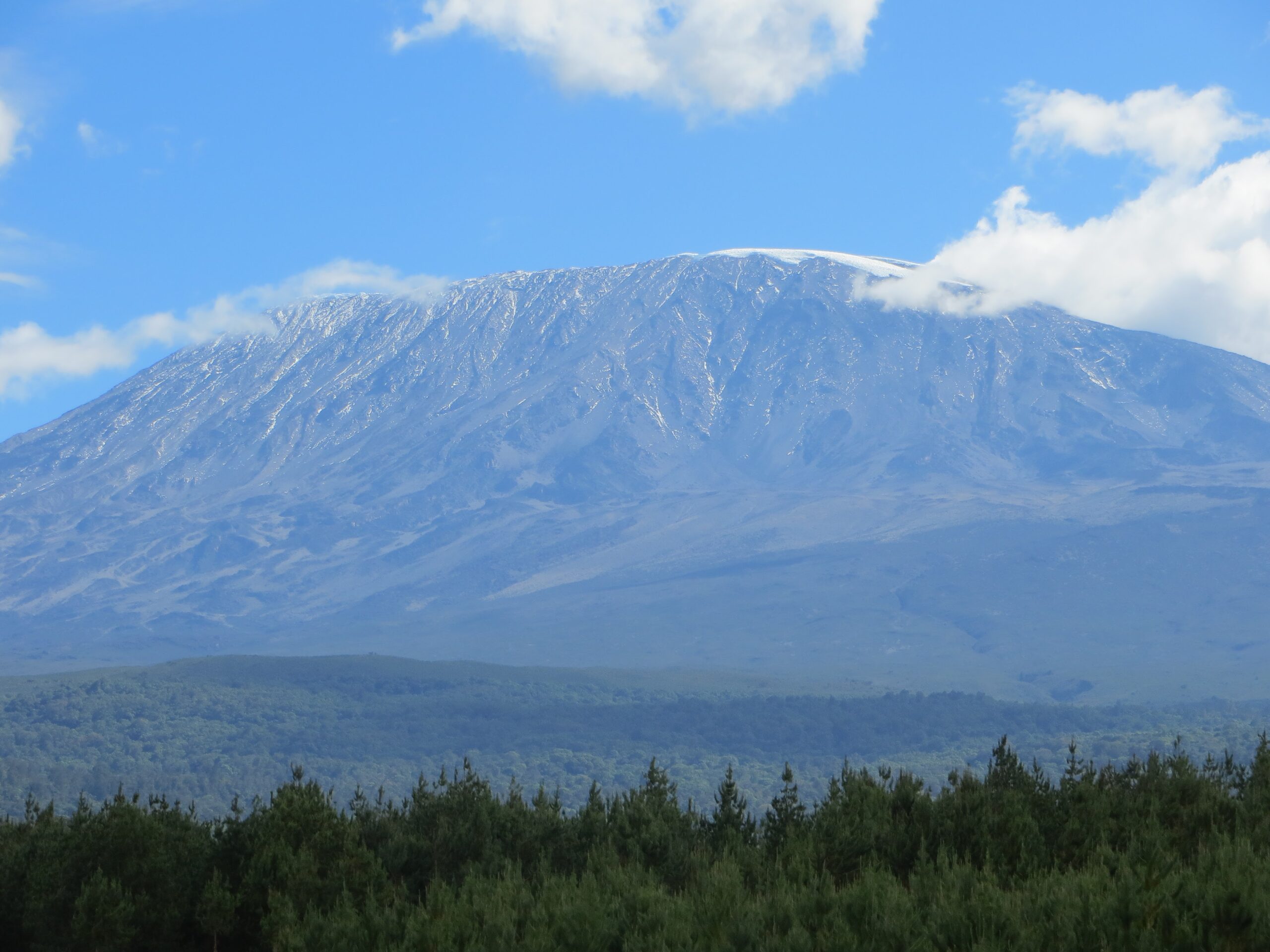
The heads of state from 49 African countries have concluded a three-day US-Africa Summit with significant pledges from President Joe Biden and American officials and a healthy dose of scepticism from African leaders.
The meetings agenda included strengthening relations with the African continent, the climate crisis, good governance, food security, global health and trade. The US wants to create a longer term strategic partnership. Geo-politics also pay a role and countering China is also in the background.
On Trade, Africa’s economic might is growing. According to the White House, the continent has the fifth-largest combined economy in the world, and will be home to 25% of the world’s population in 2050. Plus, its combined economy is expected to grow ~900% in the next three decades.
- The US is falling behind its competitors in outreach to Africa, netting only $64.3B of bilateral trade in 2021.
- EU-Africa trade was $280B in 2021, and India-Africa trade reached $89.5B
- Trade between China and Africa totalled $254B in 2021, up from $10.6B in 2000.
The plan is to facilitate billions in private sector trade and investment, and support the implementation of the African Continental Free Trade Area.
On Security, some analysts say US security policy in Africa over the past decade has been a failure. Despite billions spent fighting terrorism and supporting African security forces, extremism across the continent has increased by 300% in that time.
- Some African countries no longer see the US or its allies as reliable security guarantors and have sought partners elsewhere.
- Djibouti has hosted a Chinese Naval Base (China’s first overseas military installation) since 2017.
- Russian mercenaries have replaced French forces in West Africa.
The plan is for US to promote good governance and economic opportunity as a means of fighting extremism and limiting China’s and Russia’s military footprints.
On Climate Change, Africa contributes less than 4% of global greenhouse emissions yet suffers immensely from climate change. As its population grows, gains access to electricity, and moves to urban areas, Africa will need to increase its energy supply – either through fossil fuels or renewables.
Climate change’s immediate impacts may be felt locally, but its consequences span the region and the globe. Droughts, famines, and floods create fertile recruiting environments for extremist groups, and also contribute towards Europe’s migration crisis.
- The US can support renewable energy plans through the US’s Power Africa initiative, and increase climate resilience funding.
In addition to an estimated $55B in new investment over the next three years, Biden called for the African Union to become a permanent member of the G20.

